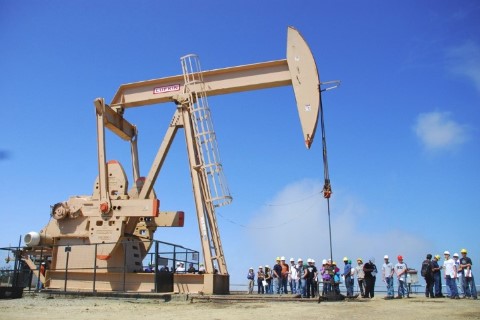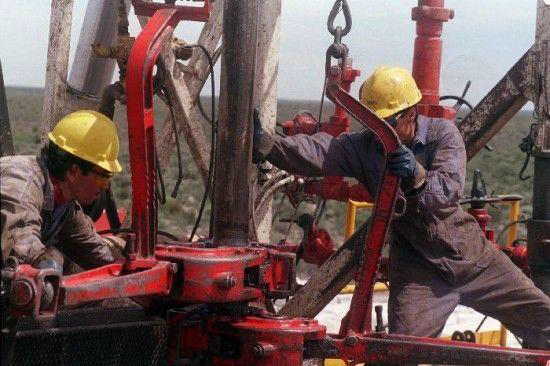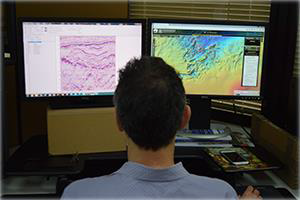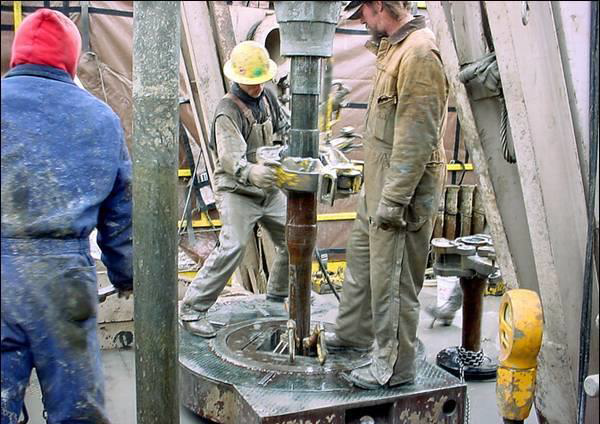COURSE OVERVIEW
DE0642 : Commercial Acumen of the Oil and Gas Value Chain: A Challenging Simulation Programme

OVERVIEW
| COURSE TITLE | : | DE0642 : Commercial Acumen of the Oil and Gas Value Chain: A Challenging Simulation Programme |
| COURSE DATE | : | Feb 12 - Feb 15 2024 |
| DURATION | : | 4 Days |
| INSTRUCTOR | : | Mr. Konstantin Zorbalas |
| VENUE | : | Doha, Qatar |
| COURSE FEE | : | $ 6500 |
| Request For Course | ||
OTHER SCHEDULED DATES
| Date | : | May 06 - May 09 (4 Days) | Location | : | Dubai, UAE | Classroom Fee (US$) | : | $ 6750 | Course Info |
| Date | : | Aug 19 - Aug 22 (4 Days) | Location | : | Abu Dhabi, UAE | Classroom Fee (US$) | : | $ 6750 | Course Info |
| Date | : | Nov 04 - Nov 07 (4 Days) | Location | : | Al Khobar, KSA | Classroom Fee (US$) | : | $ 6750 | Course Info |
Course Description
This practical and highly-interactive course includes real-life case studies and exercises where participants will be engaged in a series of interactive small groups and class workshops. Since more than a century, the oil industry is leading the energy sector of the world. The world economy depends on the safe supply of oil and gas from producing countries to the consuming ones. Understanding the global oil demand and the factors affecting the crude oil market is vital for petroleum professionals. This course will explain the various factors and forces that affect the crude oil and natural gas markets and the relationship between oil/gas producers and consumers. This course is designed to provide participants with a commercial acumen of the oil and gas value chain. Participants will understand the nature of the oil and gas industry and how they will contribute to the financial success of their companies. The course will introduce delegates to the oil and gas industry including supply and demand, how oil companies are organized and financed and what it takes to be financially successful.The course will cover the dynamics and value chain of the global oil and gas industry; the exploration methods and the host country agreements; the drilling and well completion; the reservoir characterization and reserve estimation; the crude oil transportation and pipelines for tankers, pipelines and LNG; the natural gas markets and pricing; the field development and well performance; the petrochemicals and performance; the measuring financial performance; the petroleum products distribution and marketing; the gas distribution system and marketing; the global oil demand, crude oil market and global oil reserves; and the governmental legislation and contractual agreements. At the end of the course, participants will be able to analyze terms of the contractual agreements, use the financial model to evaluate project value drivers and identify governmental legislation and how it pertains to oil contract; calculate revenue and profitability in oil projects and illustrate project financial models, project risk analysis and profit-risk curve; evaluate oil projects, study the economic feasibility behind each project and identify the various feasibility analysis techniques and capital operational costs; employ oil and gas exploration; evaluate and delineate drilling; carryout field development and production, field layout, production techniques, production control and surface production operations; illustrate oil refinery and processing, oil transportation-methods and flowmetering and custody transfer; identify upstream, midstream, downstream and the responsibilities of the different companies; and recognize the use of technology in the industrial security, the various security threats and security risk analysis.
TRAINING METHODOLOGY
This interactive training course includes the following training methodologies as a percentage of the total tuition hours
LecturesWorkshops & Work Presentations
Case Studies & Practical Exercises
Videos, Software & Simulators
In an unlikely event, the course instructor may modify the above training methodology before or during the course for technical reasons.
VIRTUAL TRAINING (IF APPLICABLE)
If this course is delivered online as a Virtual Training, the following limitations will be applicable
| Certificates | : | Only soft copy certificates will be issued to participants through Haward’s Portal. This includes Wallet Card Certificates if applicable |
| Training Materials | : | Only soft copy Training Materials (PDF format) will be issued to participant through the Virtual Training Platform |
| Training Methodology | : | 80% of the program will be theory and 20% will be practical sessions, exercises, case studies, simulators or videos |
| Training Program | : | The training will be for 4 hours per day starting at 09:30 and ending at 13:30 |
| H-STK Smart Training Kit | : | Not Applicable |
| Hands-on Practical Workshops | : | Not Applicable |
| Site Visit | : | Not Applicable |
| Simulators | : | Only software simulators will be used in the virtual courses. Hardware simulators are not applicable and will not be used in Virtual Training |
RELATED COURSES

DE0852 : Advanced Drilling Practices
- Date : Dec 16 -Dec 19 / 3 Days
- Location : Abu Dhabi, UAE
- Course Details Register

DE0053 : Petrel Geological Process Modelling
- Date : Nov 10 -Nov 14 / 3 Days
- Location : Dubai, UAE
- Course Details Register

DE0442 : Well Prognosis
- Date : Dec 08 -Dec 12 / 3 Days
- Location : Dubai, UAE
- Course Details Register

DE0348 : Artificial Lift Systems
- Date : Dec 16 -Dec 19 / 3 Days
- Location : Al Khobar, KSA
- Course Details Register
